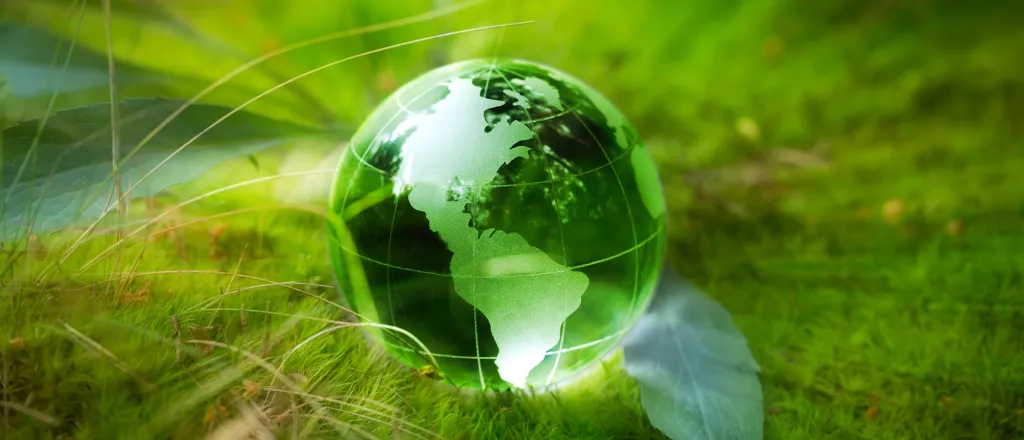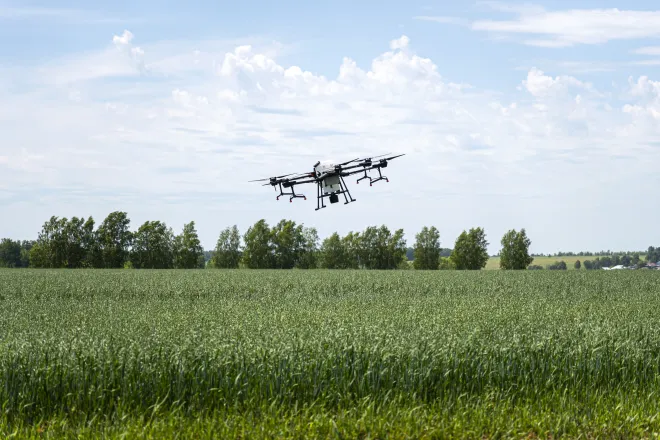
EarthTalk - How are musical instrument makers greening their operations?
© iStock
Dear EarthTalk:
How are musical instrument makers greening their operations?
P.K., via email
The growing awareness of sustainability is influencing various industries, including those making musical instruments. Many are increasingly adopting eco-friendly practices to minimize their environmental footprint. From sourcing sustainable materials to designing energy-efficient manufacturing processes, these efforts are reshaping how musical instruments are made and used. Many, like Yamaha, now use Forest Stewardship Council-certified wood to protect endangered species. Yamaha does this with their wind instruments. This ensures that instruments are made without harming endangered trees.

Wikimedia - Public Domain
Beyond sustainably sourced wood, some companies are using recycled or repurposed materials. Yamaha now has an “upcycled” guitar, using materials salvaged from other processes, reducing the need for new materials. Also, innovative companies are now making drums using recycled materials.
Additionally, some companies are exploring the use of reclaimed wood for making violins and cellos, minimizing the need for new materials. Drum kits made from recycled materials like old barrels and discarded plastics further demonstrate how sustainable practices can lead to versatile and eco-friendly instrument designs.
Sustainability in musical instruments goes beyond material sourcing—companies are also addressing the energy consumption involved in manufacturing. Yamaha, in addition to using sustainable materials, is investing in energy-efficient production processes. These efforts help reduce the carbon footprint of the factories producing these instruments, further enhancing their sustainability credentials.
Instrument makers are experimenting with new designs that incorporate recycled or reused components. One innovative example is the Re-tuned Acoustic Guitar Kit, which transforms old guitars into Bluetooth speakers. This project shows how instruments can be repurposed and given a second life, reducing waste.
Musicians can contribute to these efforts by buying pre-owned instruments and supporting brands that prioritize environmental stewardship. Purchasing used instruments is another significant way to reduce environmental impact. By extending the life of an instrument, fewer resources are required and instruments are in circulation longer, preventing them from ending up in landfills.
CONTACTS
- How is sustainability influencing the music equipment industry?, https://www.winmarkfranchises.com/blog/2021/march/how-is-sustainability-influencing-the-music-equi/
- Yamaha upcycled guitars, https://www.guitarworld.com/news/yamaha-upcycled-guitars
- Re-tuned sustainable acoustic guitar Bluetooth speaker kit, https://www.guitarworld.com/news/re-tuned-sustainable-acoustic-guitar-bluetooth-speaker-kit.
EarthTalk® is produced by Roddy Scheer & Doug Moss for the 501(c)3 nonprofit EarthTalk. See more athttps://emagazine.com. To donate, visit https://earthtalk.org. Send questions to: question@earthtalk.org.
















